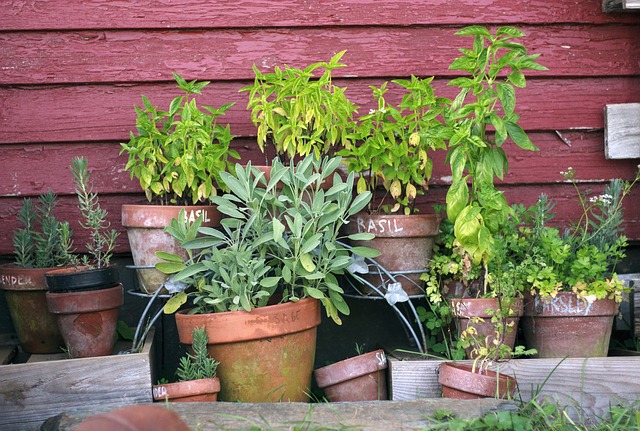1. You’re not giving your herbs enough sun
Plants require sunlight. They trap light and utilize it to make food in a process called photosynthesis. So make sure not to place your herb plant in a dull, dusty corner, in light of the fact that regardless of the amount you spritz and water, they will probably die.
Likewise, remember distinctive herbs require diverse measures of sunlight, for instance; basil and thyme love the sun and need a great deal of it to flourish, while parsley and chives don’t need much light.
2. You’re giving your herbs too much sun
You can also go the other way and expose your herbs to too much sunlight. More sunlight doesn’t consequently mean more photosynthesis, i.e. more food. The plants can’t handle too much sun and will burn. Once more, check your plant labels, and position as it is advised — a place that gets a lot of morning sun yet some reprieve from the cruel afternoon beams suits most herbs.
3. You’re trying to grow from a seed
If you are a new gardener, starting any plant from seed can be challenging. For amateur gardeners, it is best to grow herbs from seedlings or purchasing pre-developed starter plants in the first place. You can try growing from seed when you get a bit more experienced.
4. You’re watering your herbs like houseplants
 While your standard houseplant may just require a small amount of water every week, herbs aren’t so flexible and may require their thirst quenched daily.
While your standard houseplant may just require a small amount of water every week, herbs aren’t so flexible and may require their thirst quenched daily.
Herbs need to remain hydrated and this is never more essential than in the hotter months. Do ordinary soil checks by putting a finger in the pot or holder and deciding if it’s wet enough. Consider the distinctive needs of various herb assortments, as some will clearly require more water than others.
5. You’re not pruning often enough
Your herbs require regular trimming to flourish. Pruning influences your herbs to grow faster and stay in a phase of growth, which keeps the herbs producing for a more extended timeframe. Utilize visible signals as a guide — if your herb is looking bushy, trim it back.
6. You’re picking leaves from the wrong spot
You should never start pruning from the base. Those base leaves may look more established and bigger, so more tempting to prune, yet you have to thin of them as the solar panels of your plant. Always pluck from the top, chopping just above a pair of leaves, as the new development will occur in the spot where the leaf joins the stem.
7. Your herb container doesn’t drain
Regardless of whether you’re growing in pots or containers, drainage is basic to plant wellbeing, generally the roots can’t breathe and will swing to mush. It’s that basic. Make sure that the pot has openings in the base for drainage, and something underneath to get the water in so it doesn’t spill.
8. You’re using nutrient-deficient soil
Plants need the nutrients in their soil, so fertilizer is an unquestionable requirement. If the soil is looking worn out, sandy and dry, it might require some fertilizer. Herbs have exceptional soil needs, so it is best to find out which are those before planting.

